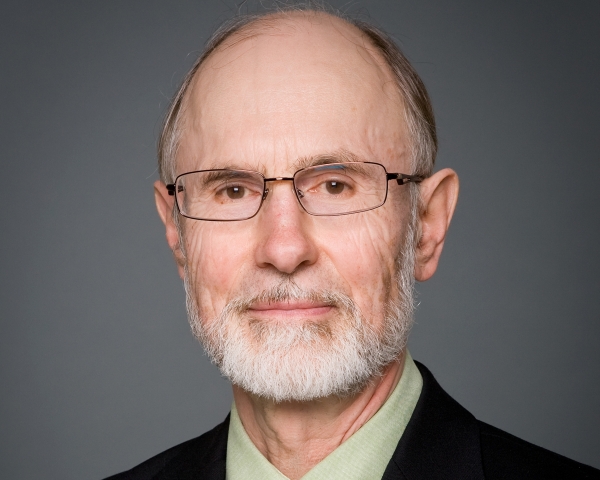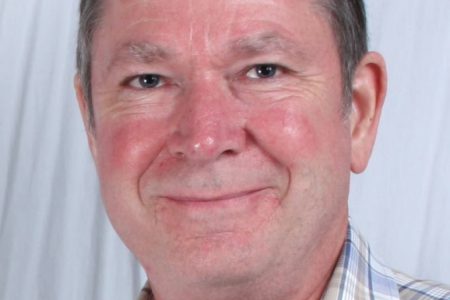OP/ED: Asia-Pacific Parliamentary Forum, Part 2
In my Asia-Pacific Parliamentary Forum (APPF) column (Part I) I gave a general description of this Inter-Parliamentary Forum held in Vladivostok, Russian.
During the meeting, resolutions were adopted that will be presented to each of the countries represented at the APPF and it is possible that these statements will wind up as part of government policy.
In our case, the Canadian delegation also had a brief bi-lateral meeting with representatives of the Russian Federation to discuss issues of common concern such as the export of pork to Russian and Arctic sovereignty. In reflecting on the week’s proceedings, I believe the largest benefit, which is hard to measure, is the fact that over 300 politicians representing countries from Asia, North and South America, New Zealand and Australia had an opportunity to meet and to talk. After all, if I am not mistaken, that was one of the principles that the United Nations was founded upon.
When countries have an opportunity to take part in dialogue, good things can happen. I would like to think that APPF fits this description.
The first plenary session dealt with peace and security. Some of the topics discussed included combatting terrorism, illicit drug trafficking, human trafficking and organized crime.
South Korea expressed its concern about North Korea nationalism and the nuclear threat. Their delegate stressed that the APPF can play a major role in promoting dialogue between North and South Korea.
Indonesia raised the Middle East question stating that the road to peace was a difficult one and that it is imperative to strive for a long enduring peaceful settlement.
Japan stressed the fact that the Asia-Pacific region depends on the Middle East and that the lack of stability there is felt in other parts of the world.
The resolution urged both the Israeli and Palestinian sides to commit themselves to the relevant UN Security Council Resolutions, the Madrid Principles as well as affirming that the establishment of a Palestinian State, security for Israel and its border are essential factors of permanent peace. Interestingly, the resolution also calls for “both parties to avoid unilateral actions which prejudice final status issues, including settlement activities in the West Bank.”
Although I basically played an observer role, I was able to take part in a session where we drafted a resolution entitled, Drug Trafficking, Human Trafficking and Organized Crime. I was asked by the head of our delegation to attend this session to ensure that wording on human trafficking was included in the resolution. That was something concrete that I was able to contribute on Canada’s behalf.
The other main plenary sessions dealt with economic, trade and regional cooperation in the Asia-Pacific region. Topics such as transportation, infrastructure, innovative growth, economic partnerships, free trade & food security, cultural, educational and humanitarian contacts, disaster management and environmental cooperation were also discussed.
One of the highlights for me at the session was to listen to a presentation by my colleague, Alexandrine LaTendresse, one of our newly elected young MPs who spoke at a plenary session to young parliamentarian about her experience as a young 28 year old MP from Quebec.
I must say that it was an honour to have been chosen by our Leader, Tom Mulcair to be one of two NDP delegates to attend the APPF. The experience was very enriching and certainly gave me a better understanding of issues that concern countries in the Asia-Pacific region.
Alex Atamanenko is the MP for BC Southern Interior.

























Comments